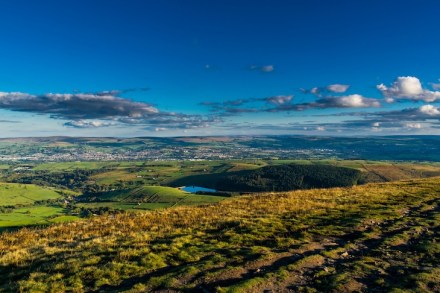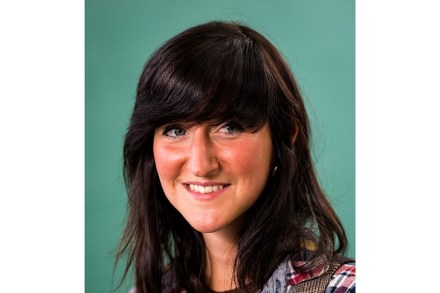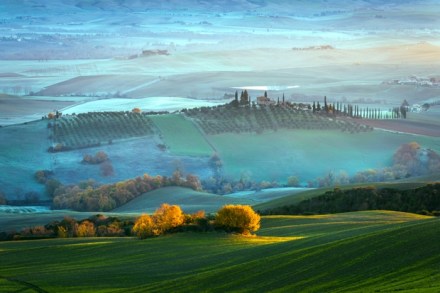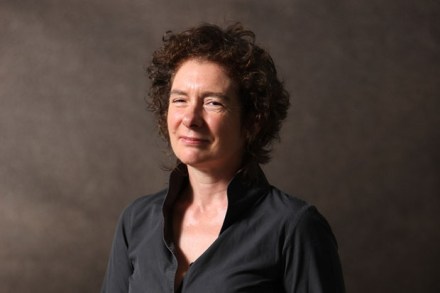Philip Hensher’s latest novel is a State of the Soul book
This is a very nuanced and subtle novel by Philip Hensher, which manages the highwire act of treating its characters with affection and anger at one and the same time. Politically, ethically and emotionally it places the reader in a kind of vertigo by addressing a singular moral question: is it better to be steadfast


















